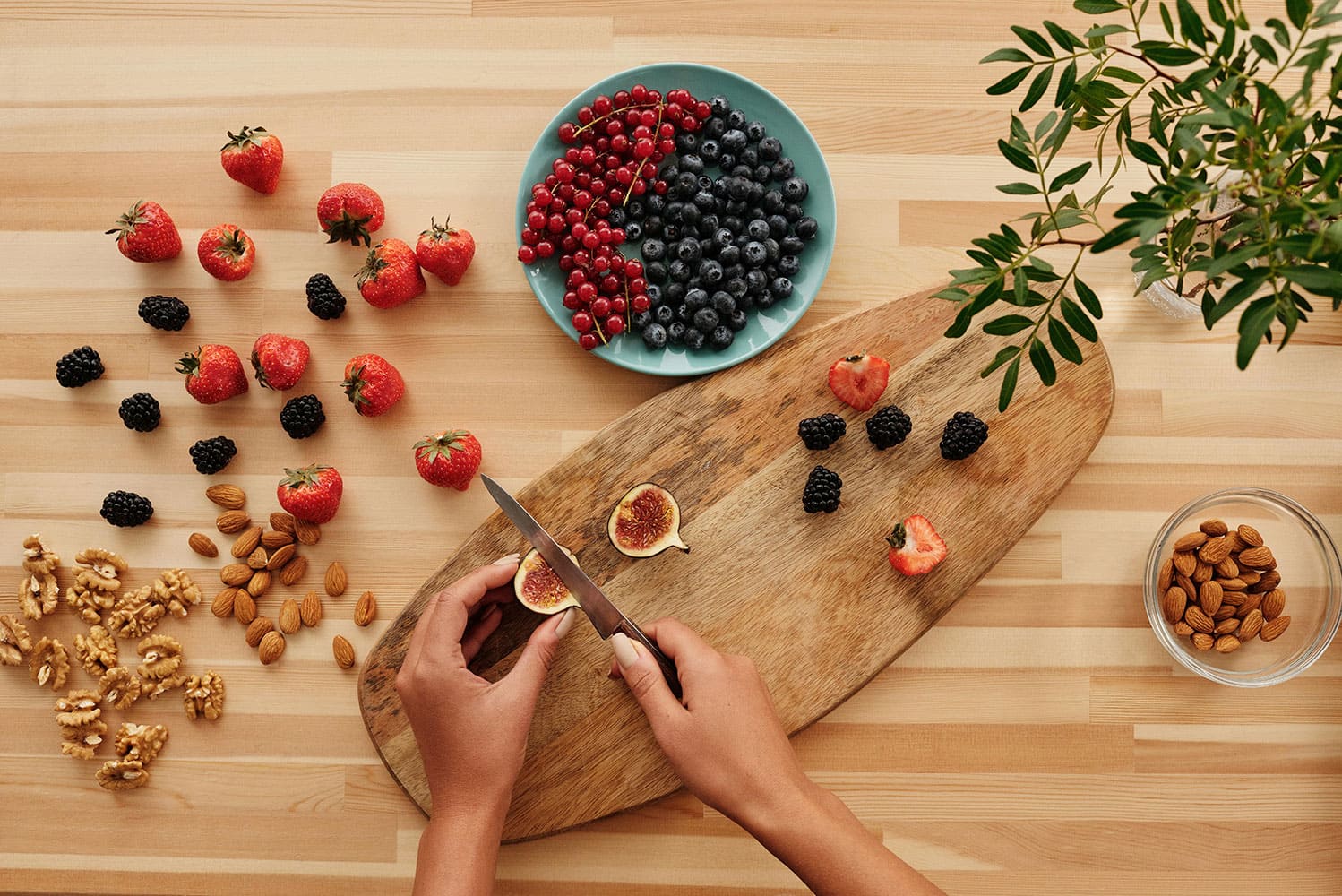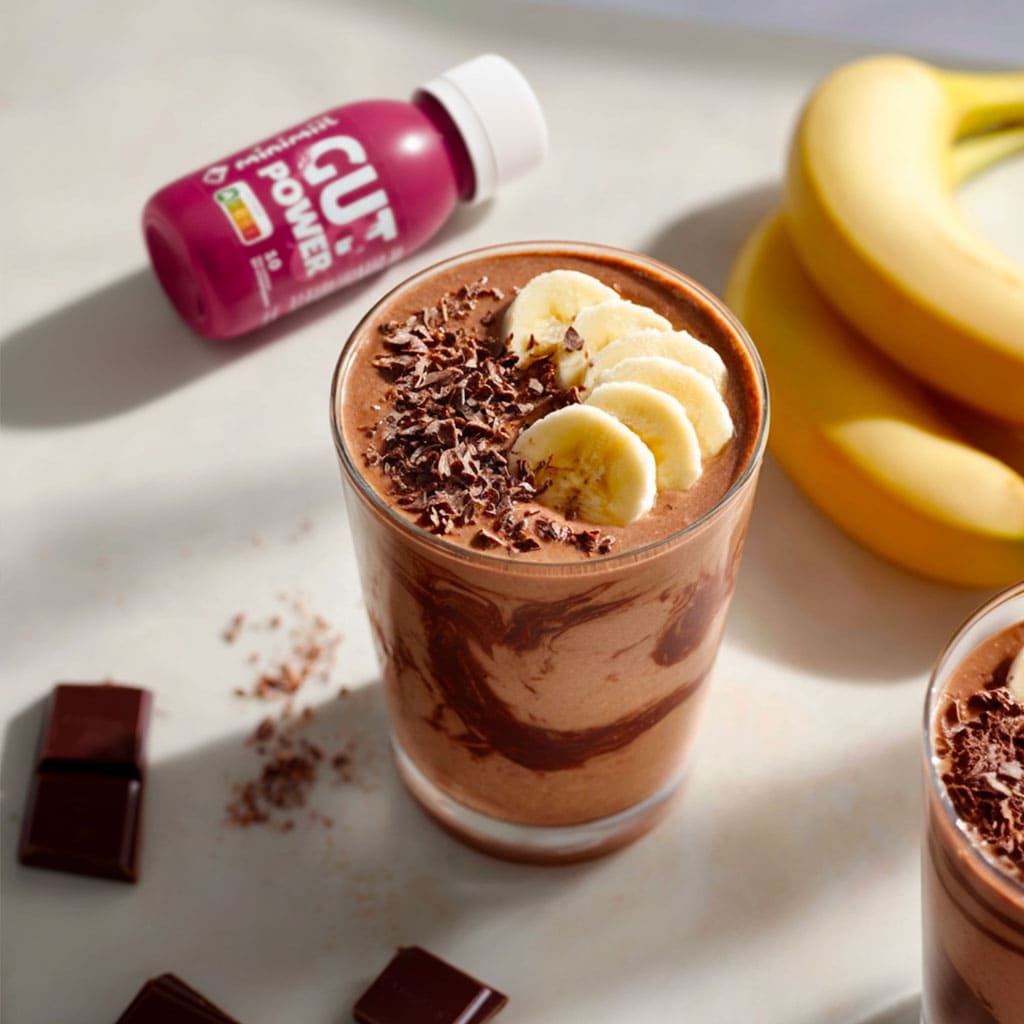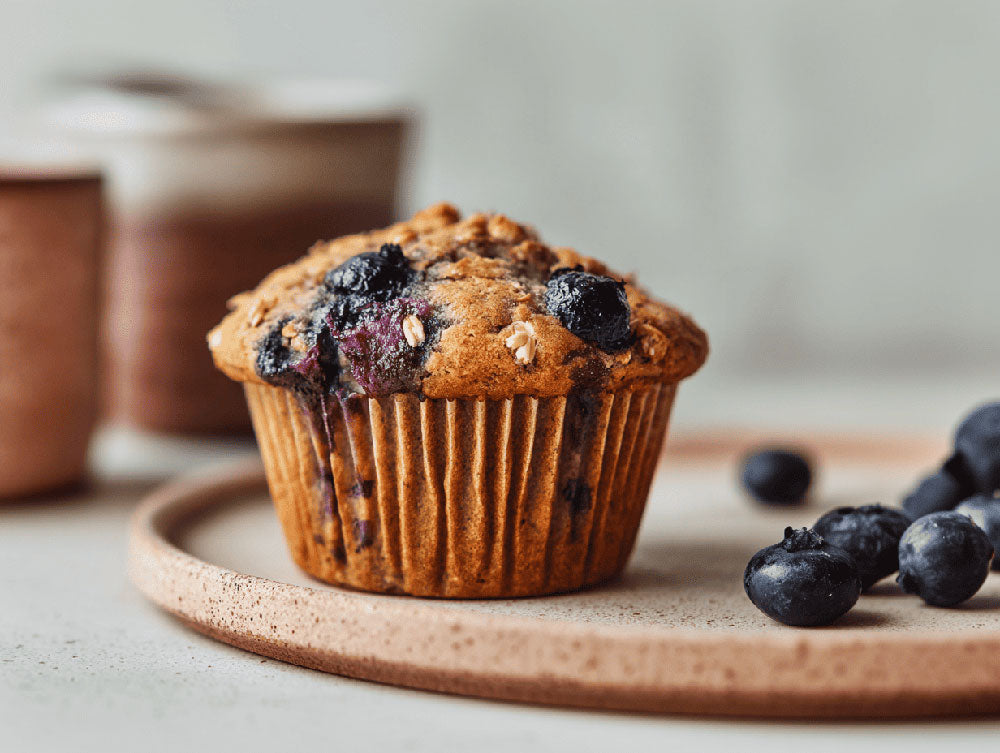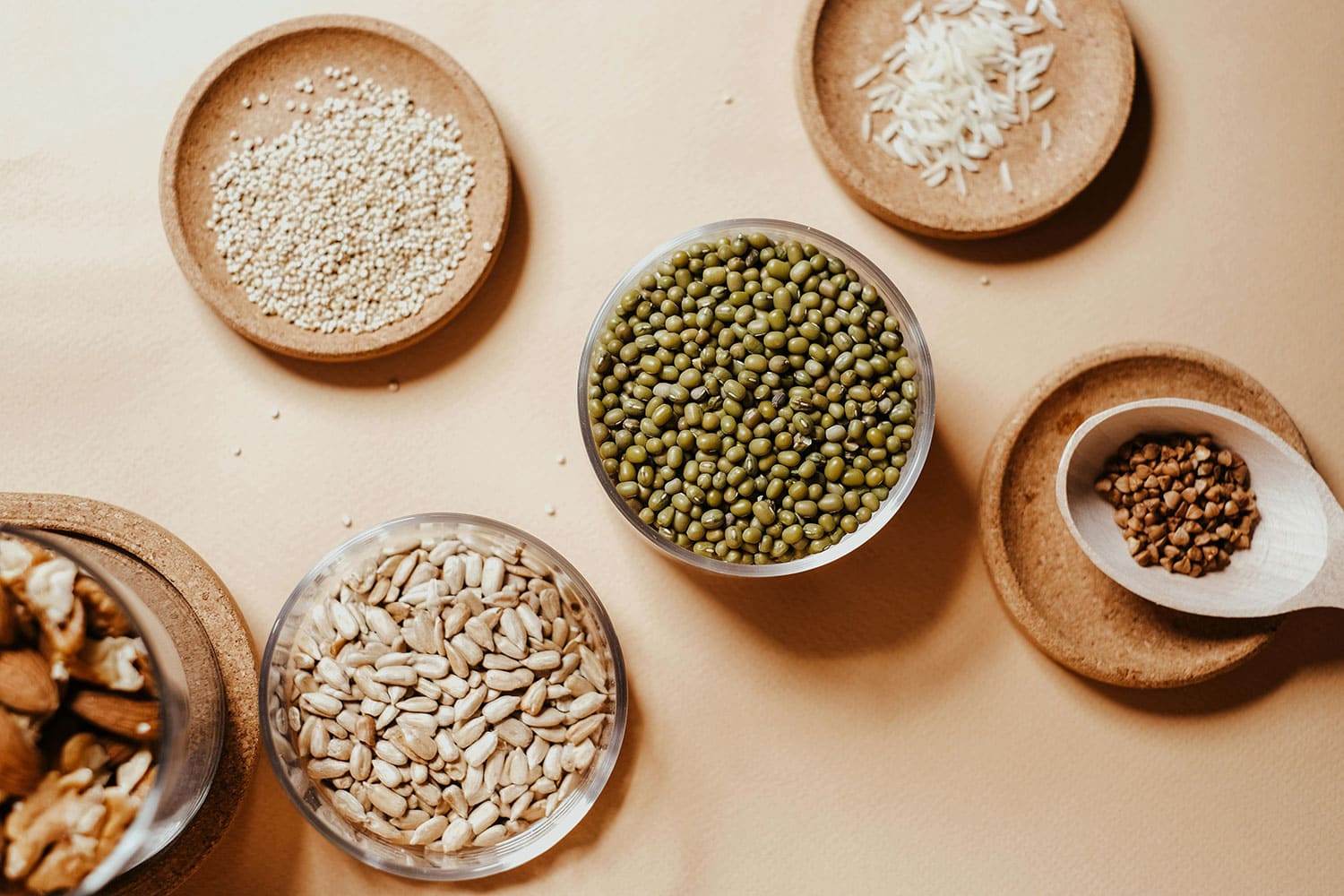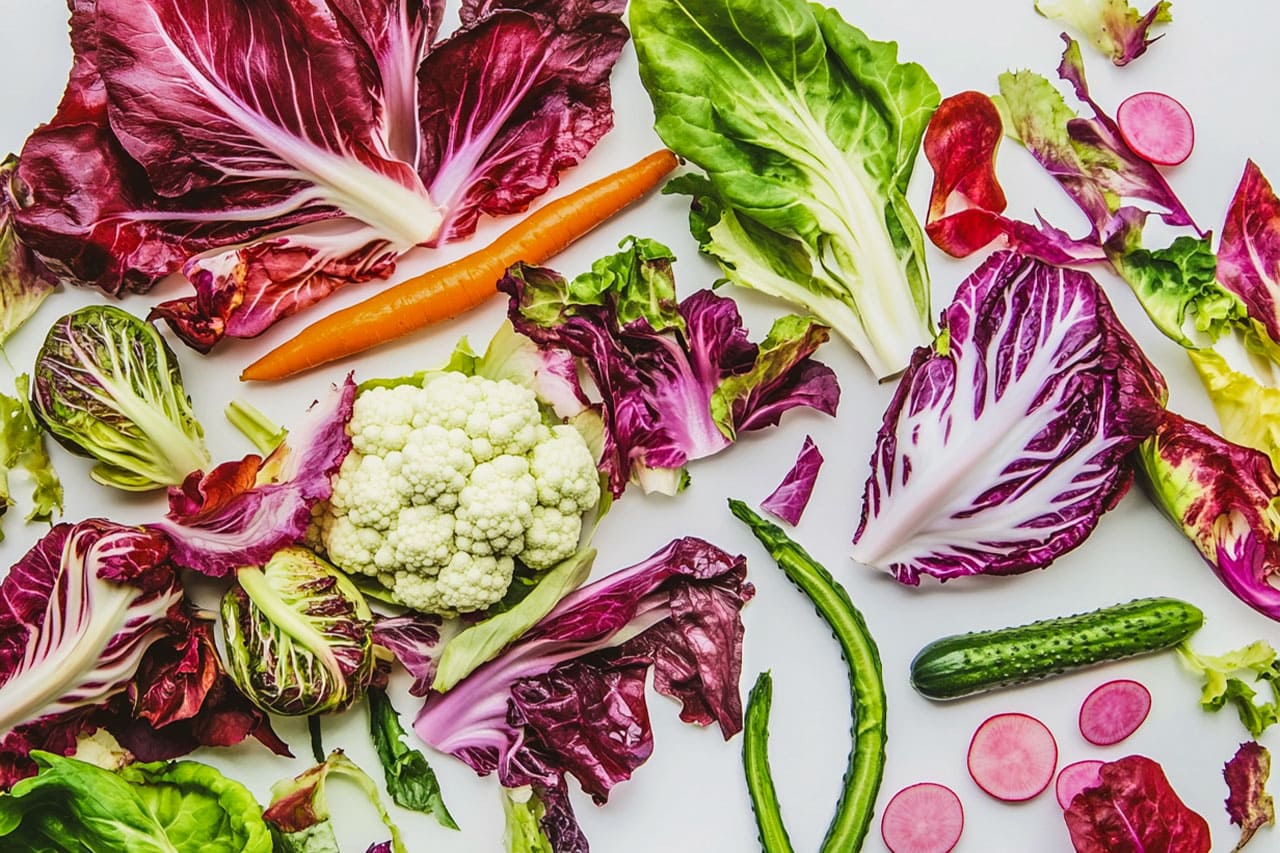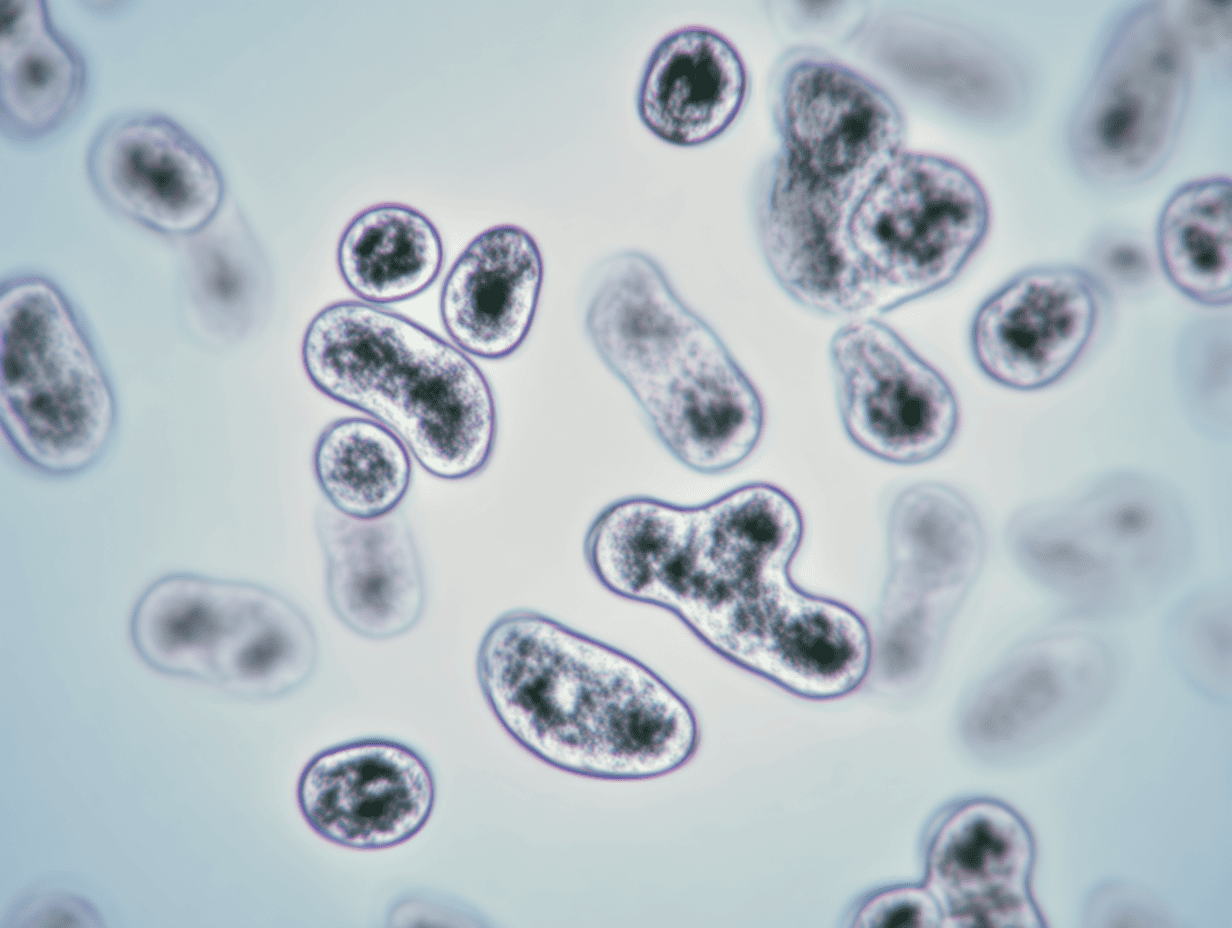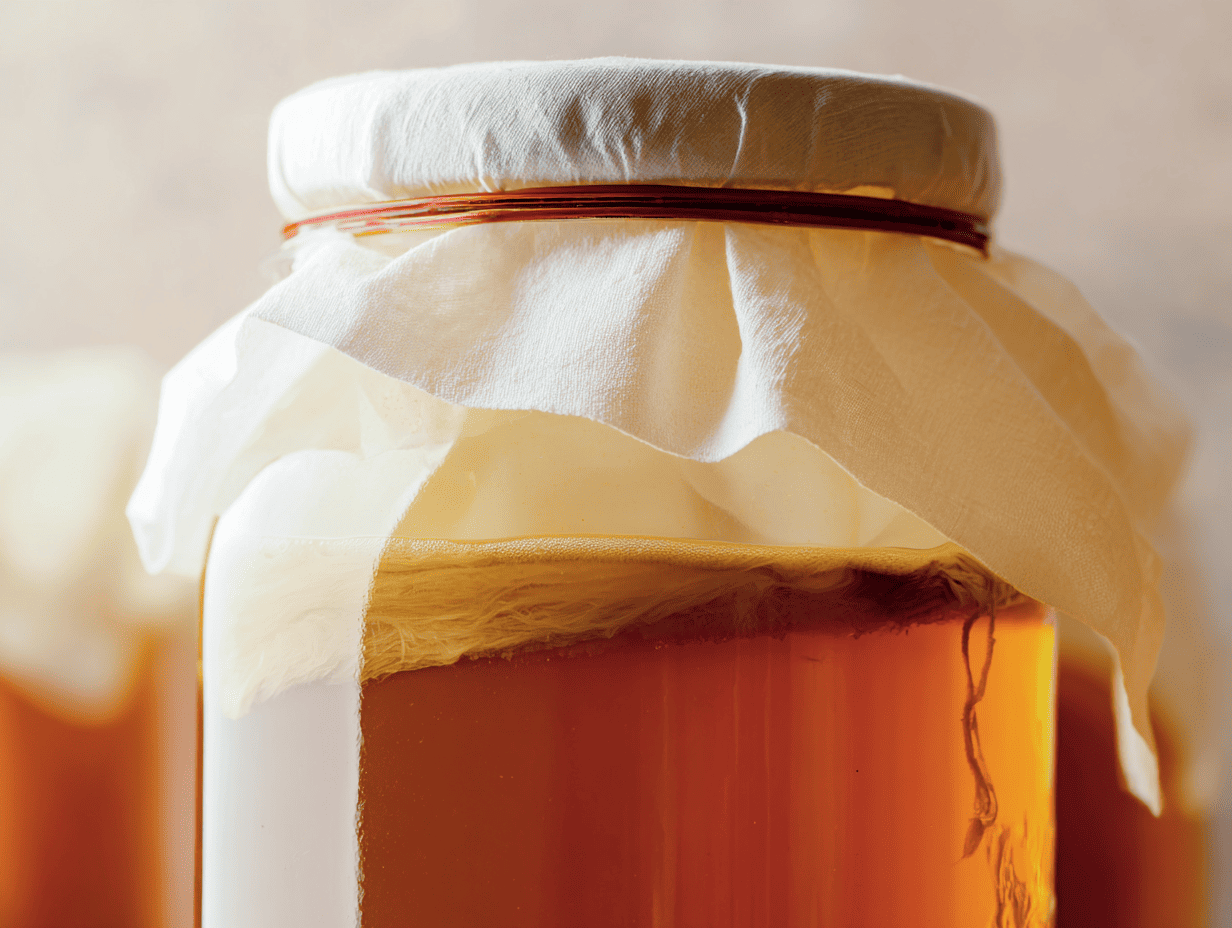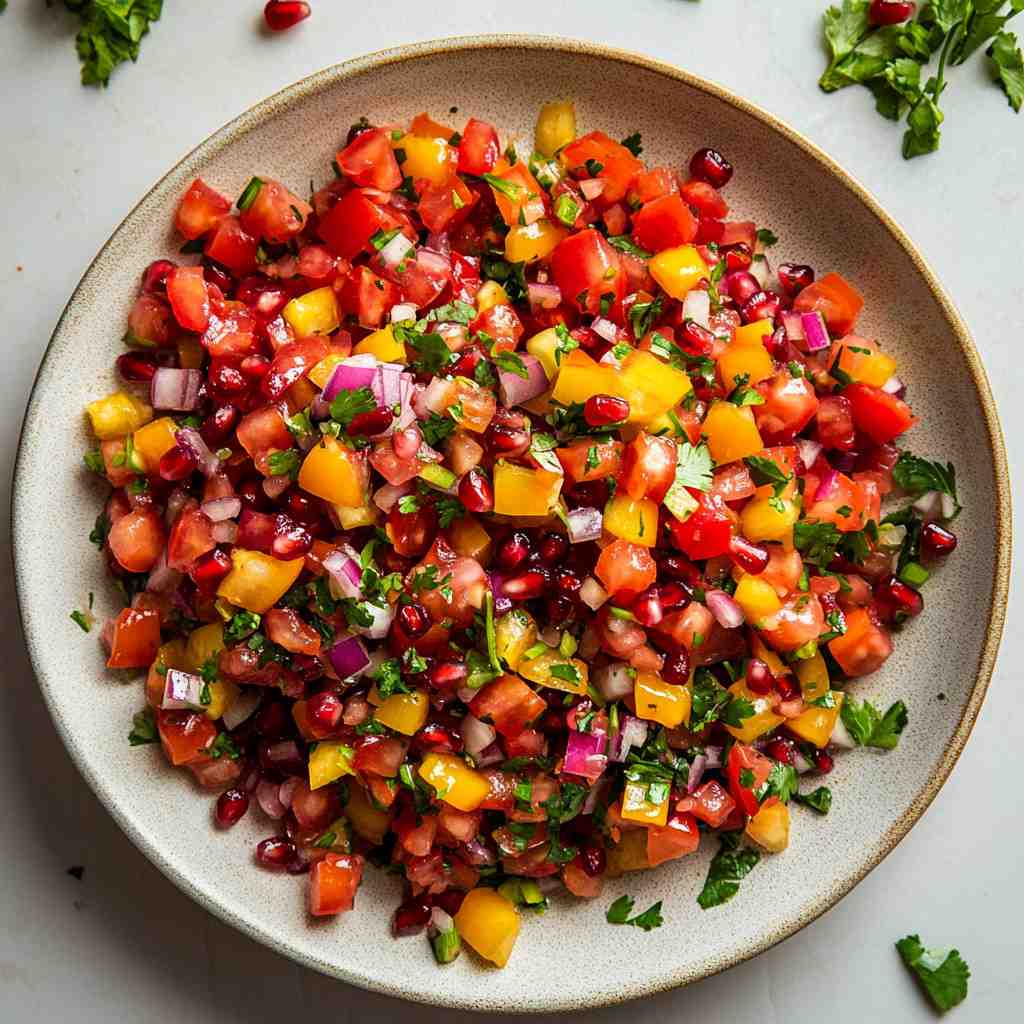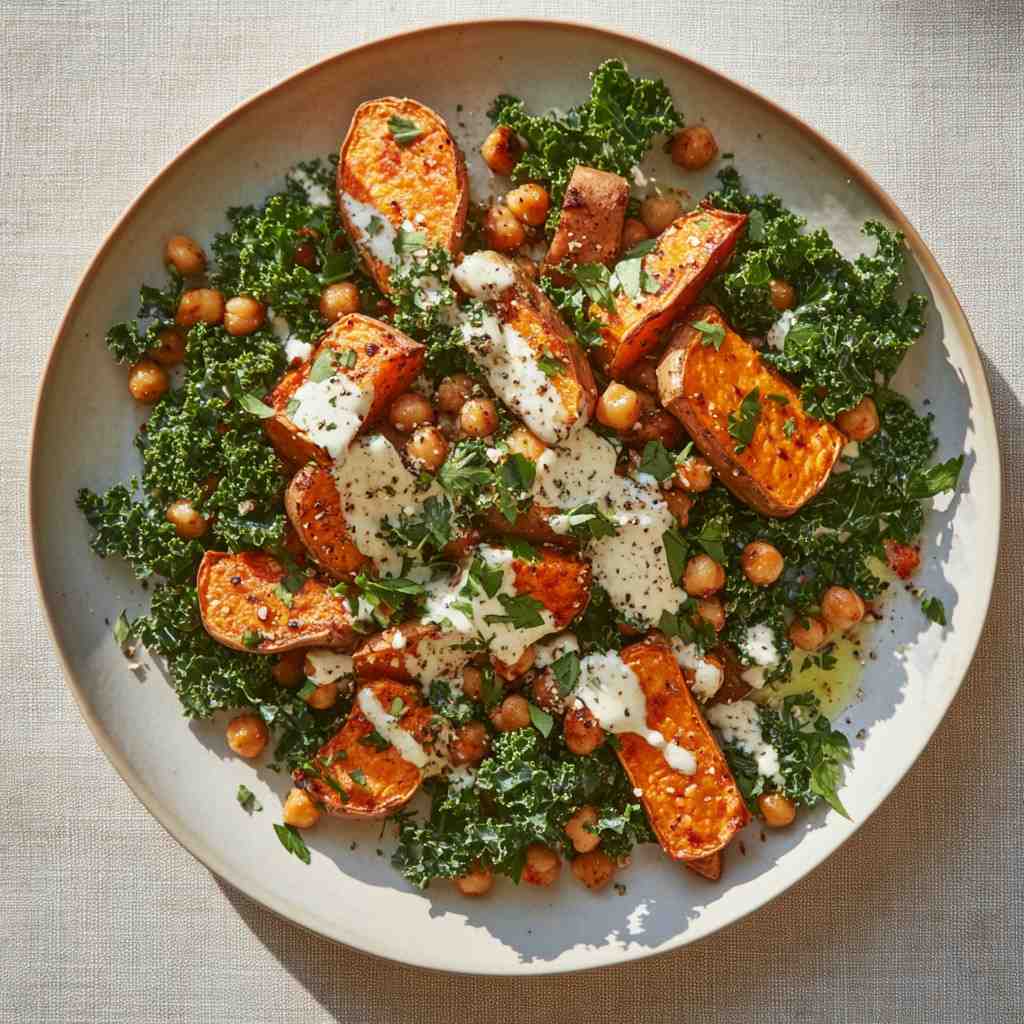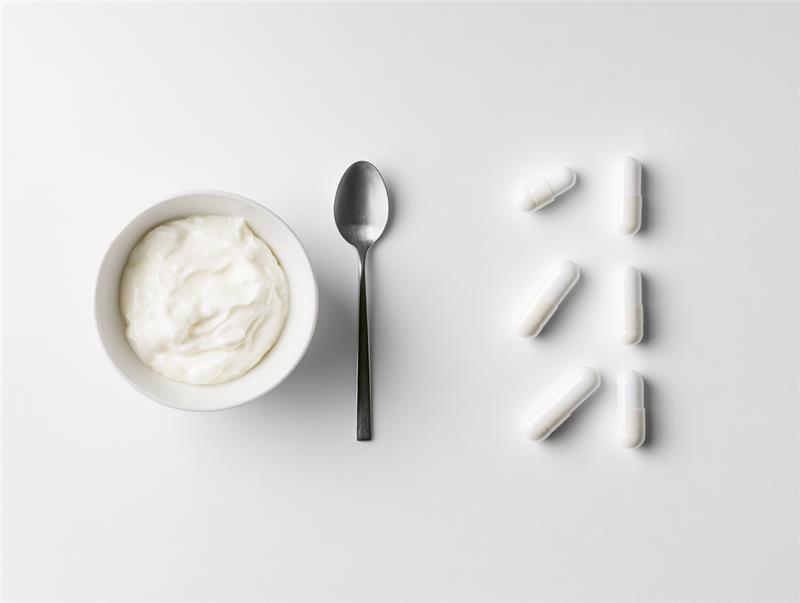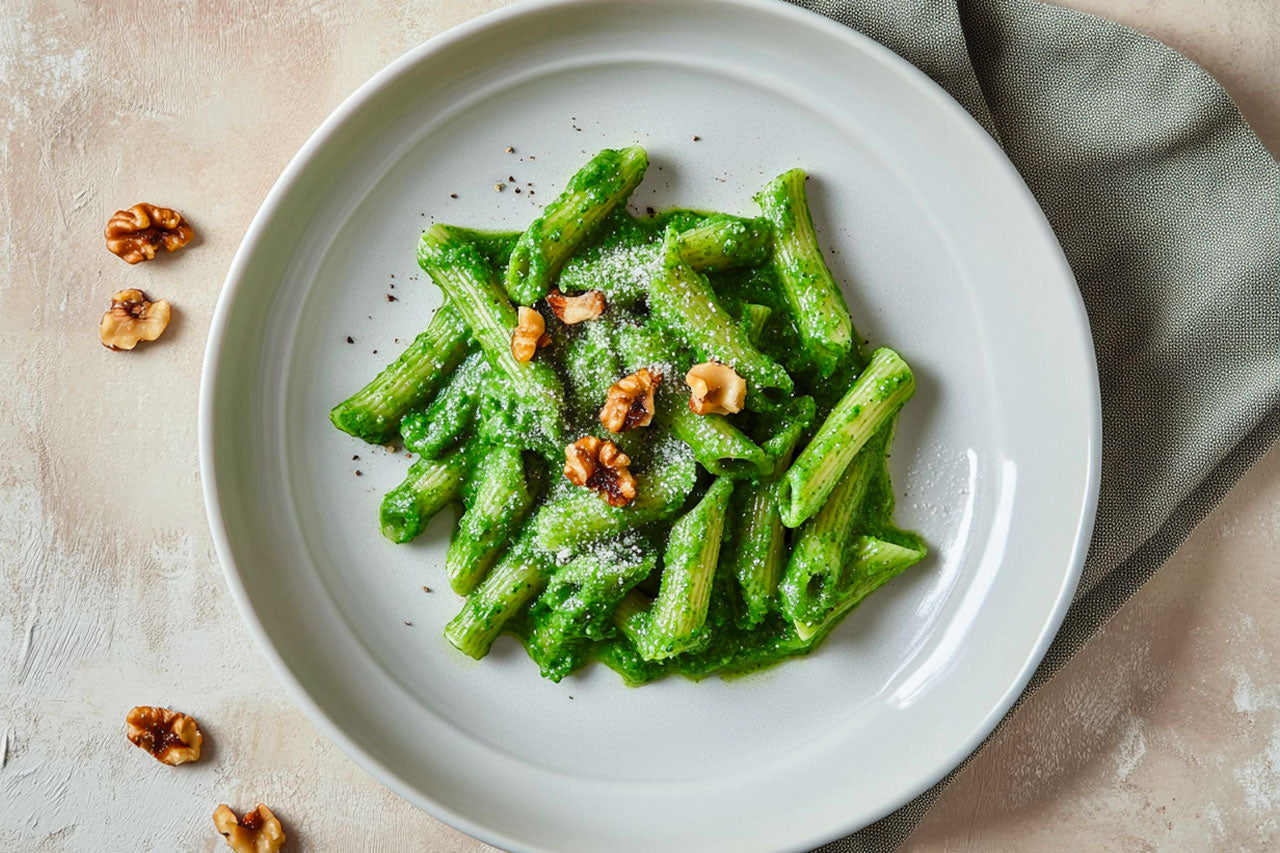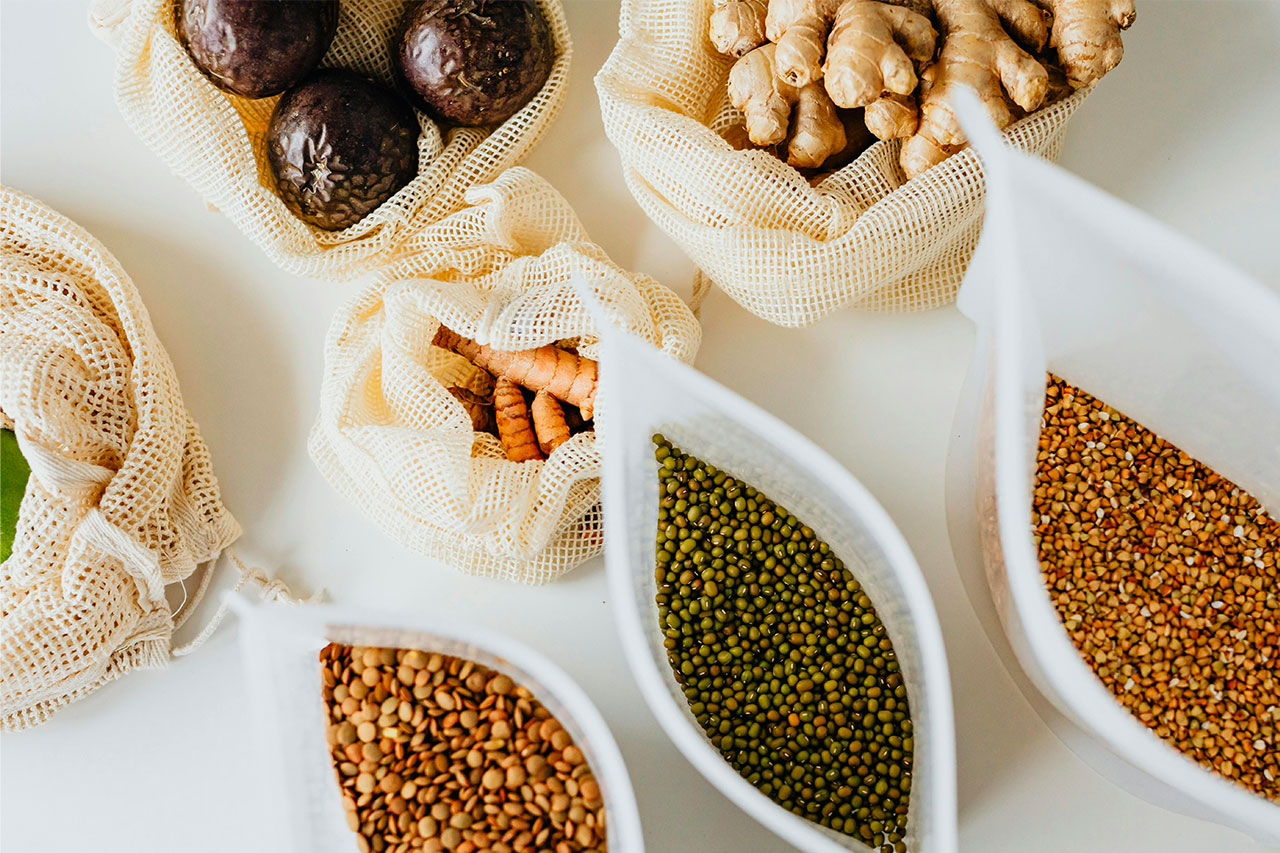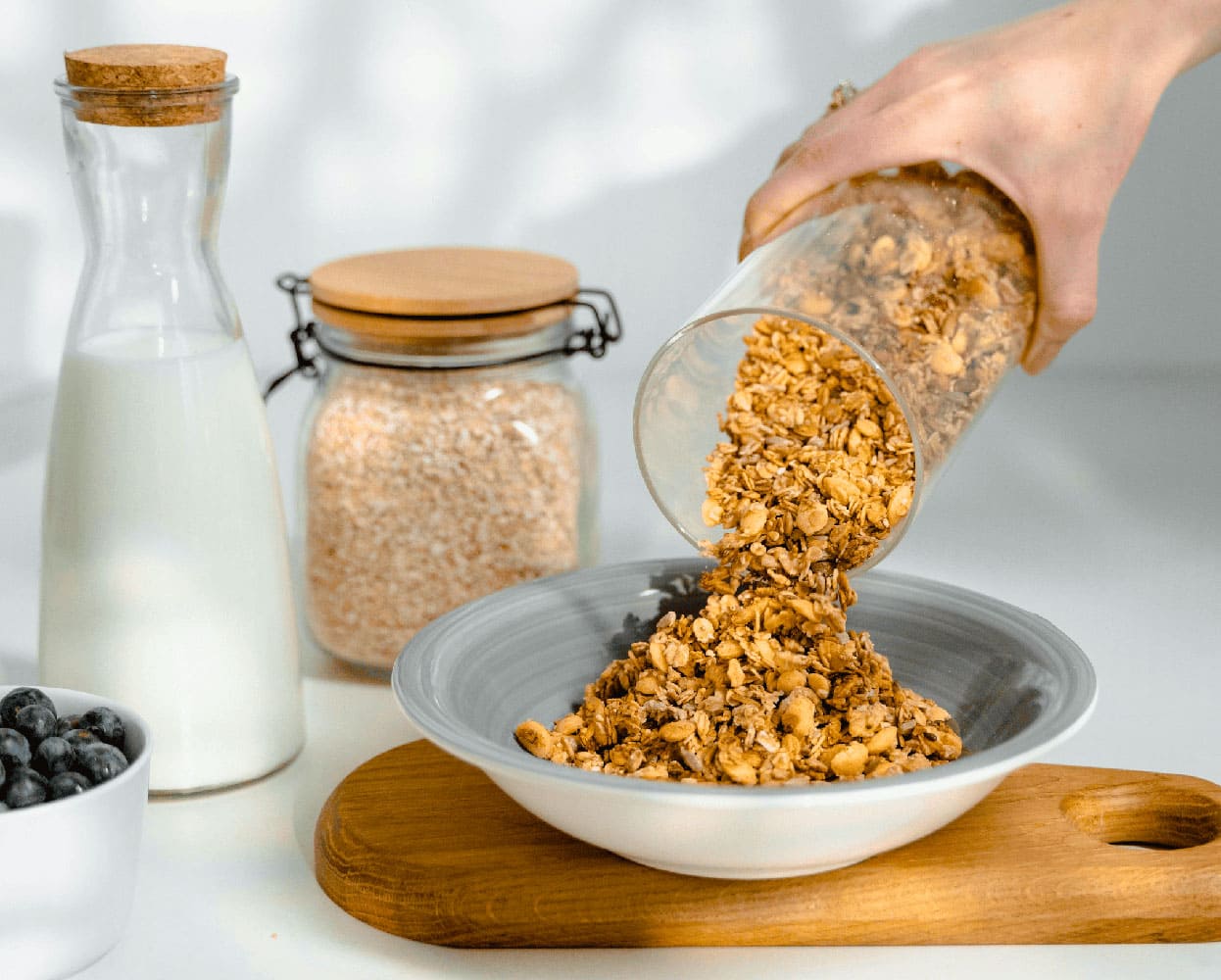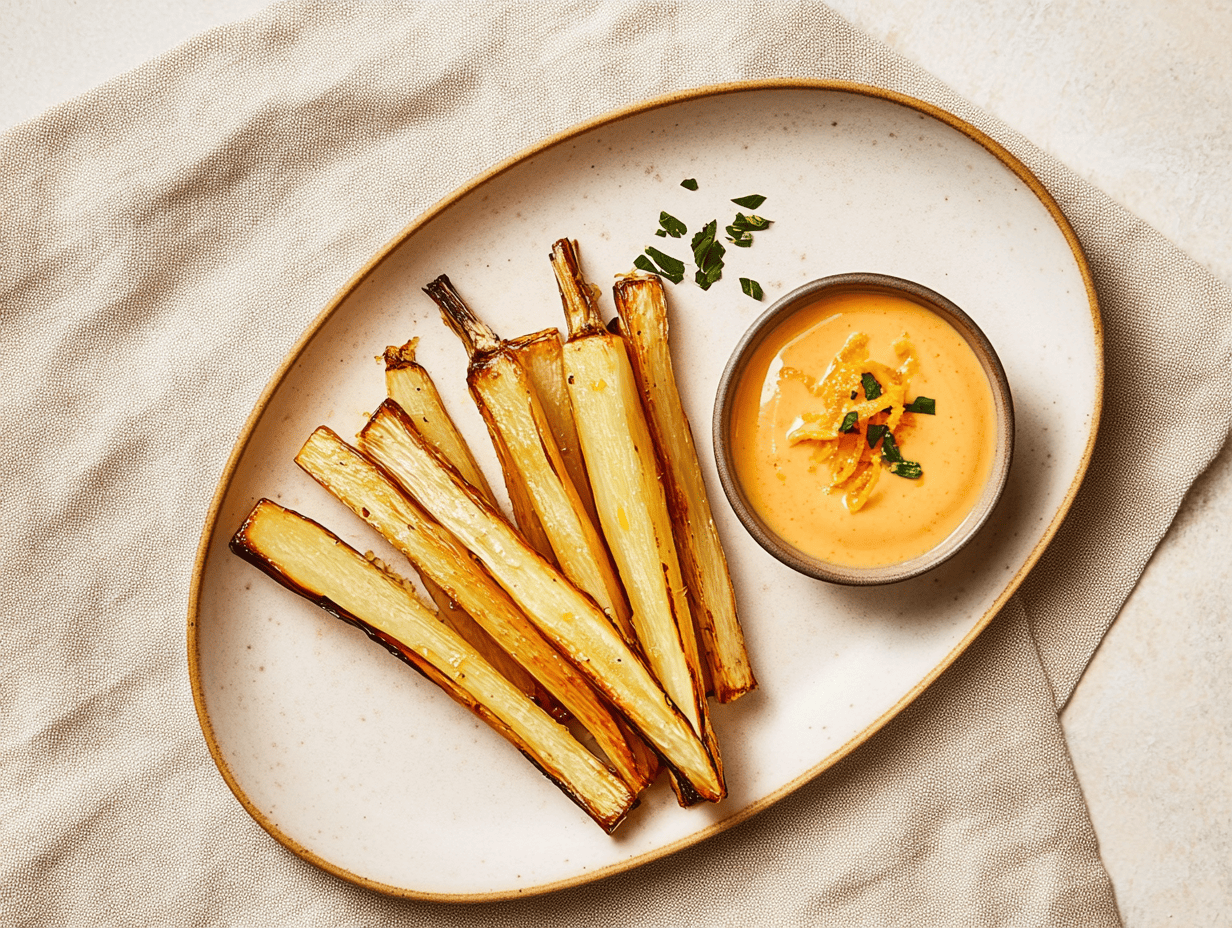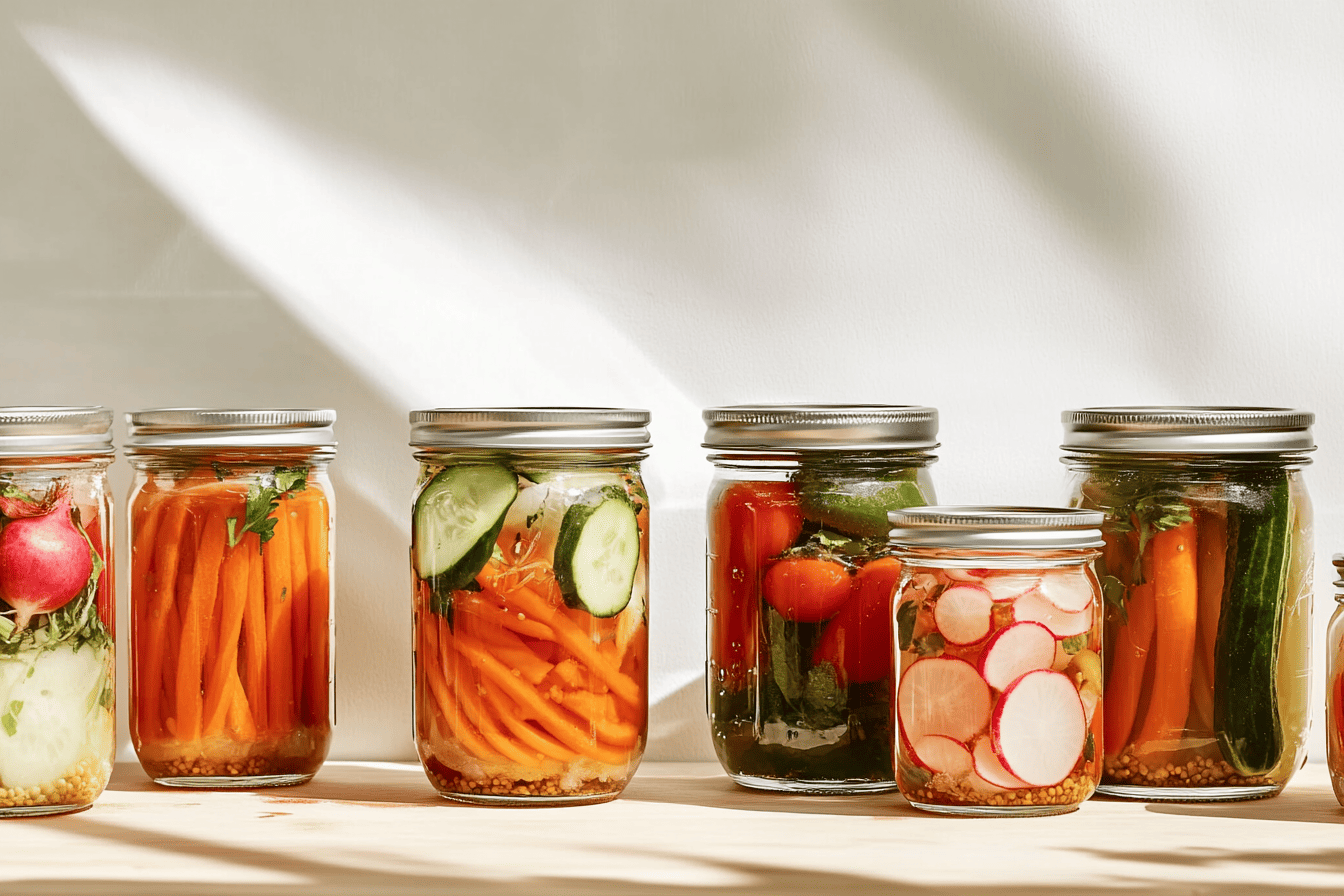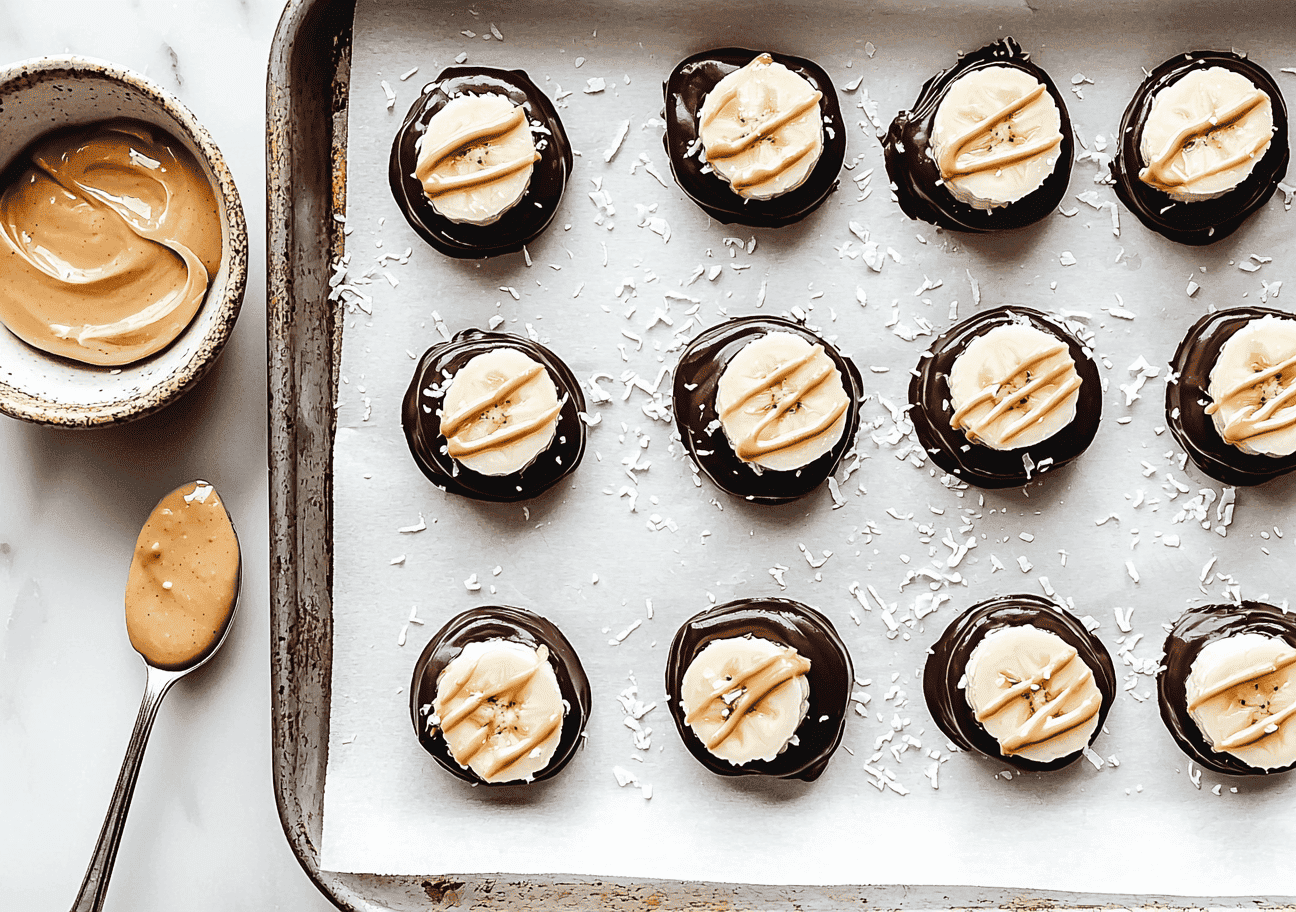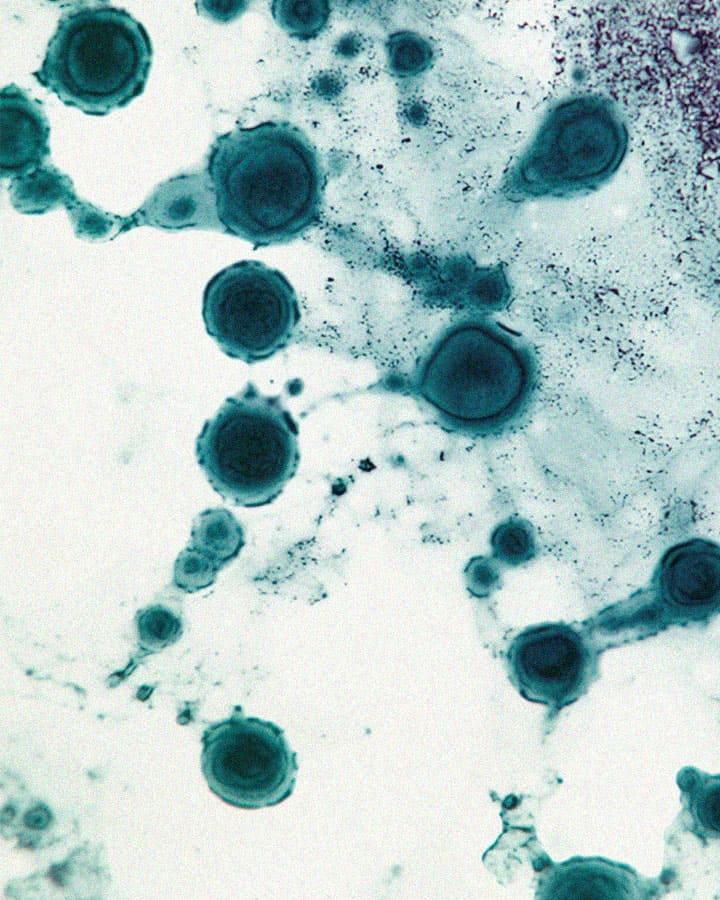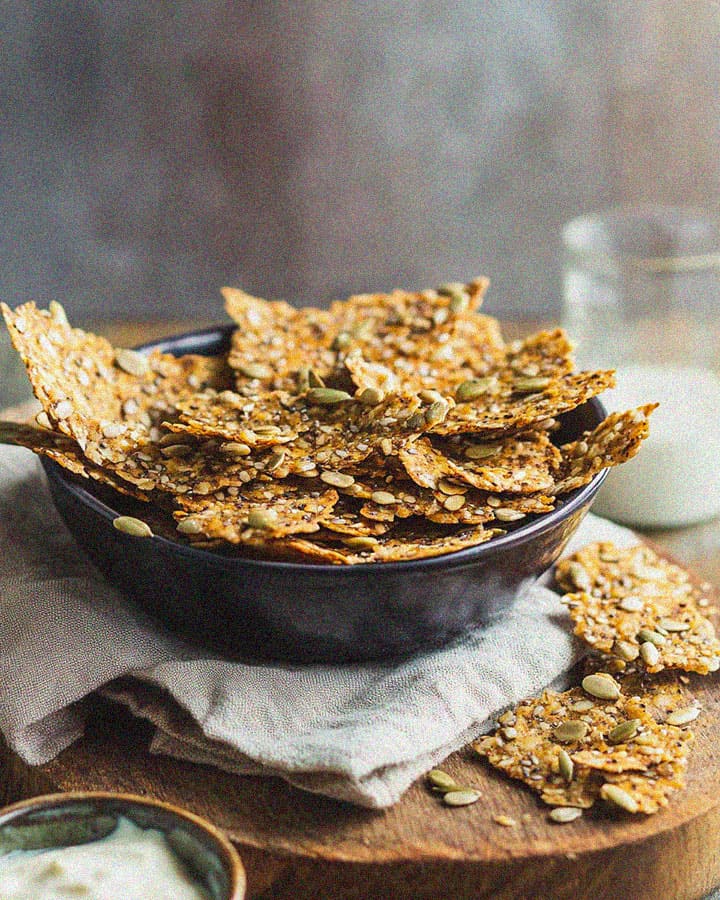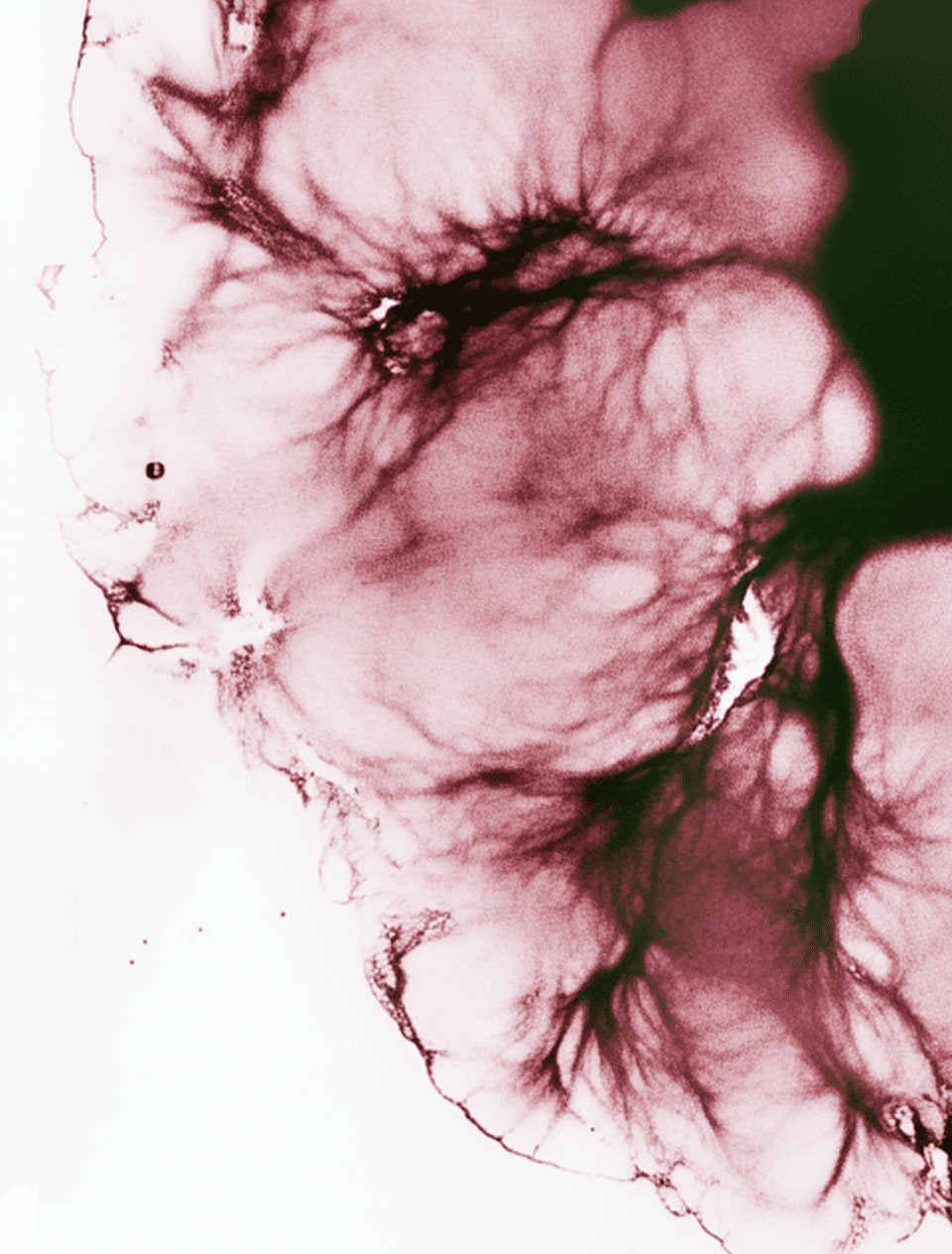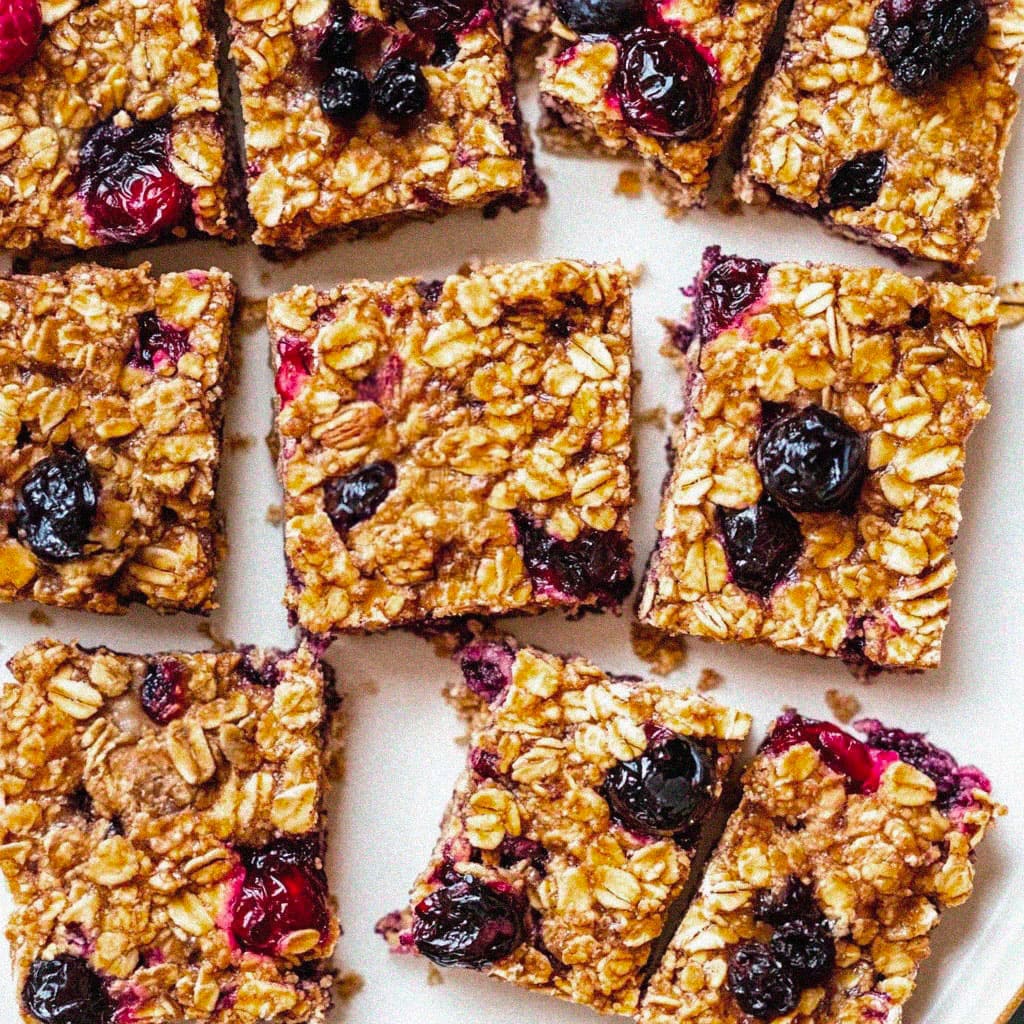Berries, little nutritional powerhouses
What makes berries so special? They’re naturally rich in:
- Vitamin C, potassium, and fiber¹
- Polyphenols such as anthocyanins, flavonols, and phenolic acids²
- Natural pigments that give their deep reds, purples, and blues and shield our cells from oxidative stress⁶
Each berry has its own “polyphenol fingerprint,” which explains why blackcurrants, blueberries, and raspberries can all have different effects on the body².
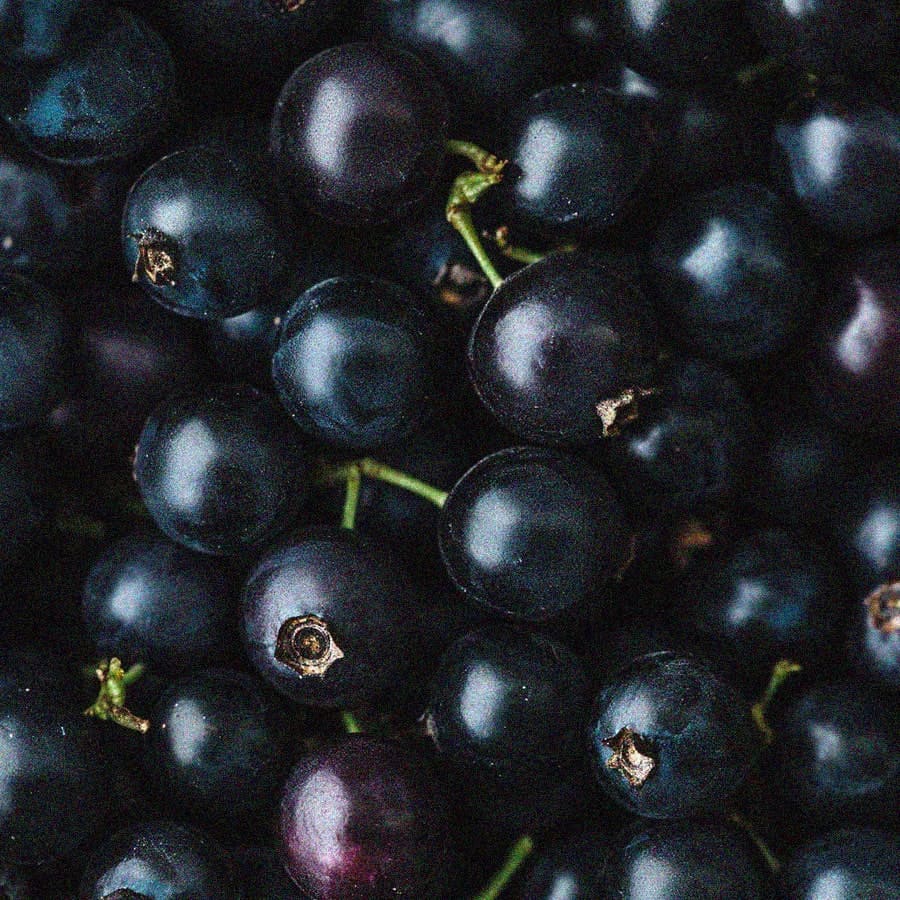
Blackcurrant: An Antioxidant Star
Blackcurrant(Ribes nigrum) ranks among the richest sources of anthocyanins in nature. These pigments don’t just color the fruit; they protect it(and us) from oxidative damage.Research shows that blackcurrants can:
- Fight oxidative stress by neutralizing free radicals³
- Calm inflammation by modulating key biological pathways³
- Boost circulation and even support night vision in some studies³
Beyond the fruit itself, blackcurrant leaves and buds are prized in herbal medicine for their gentle diuretic and circulatory benefits⁵.
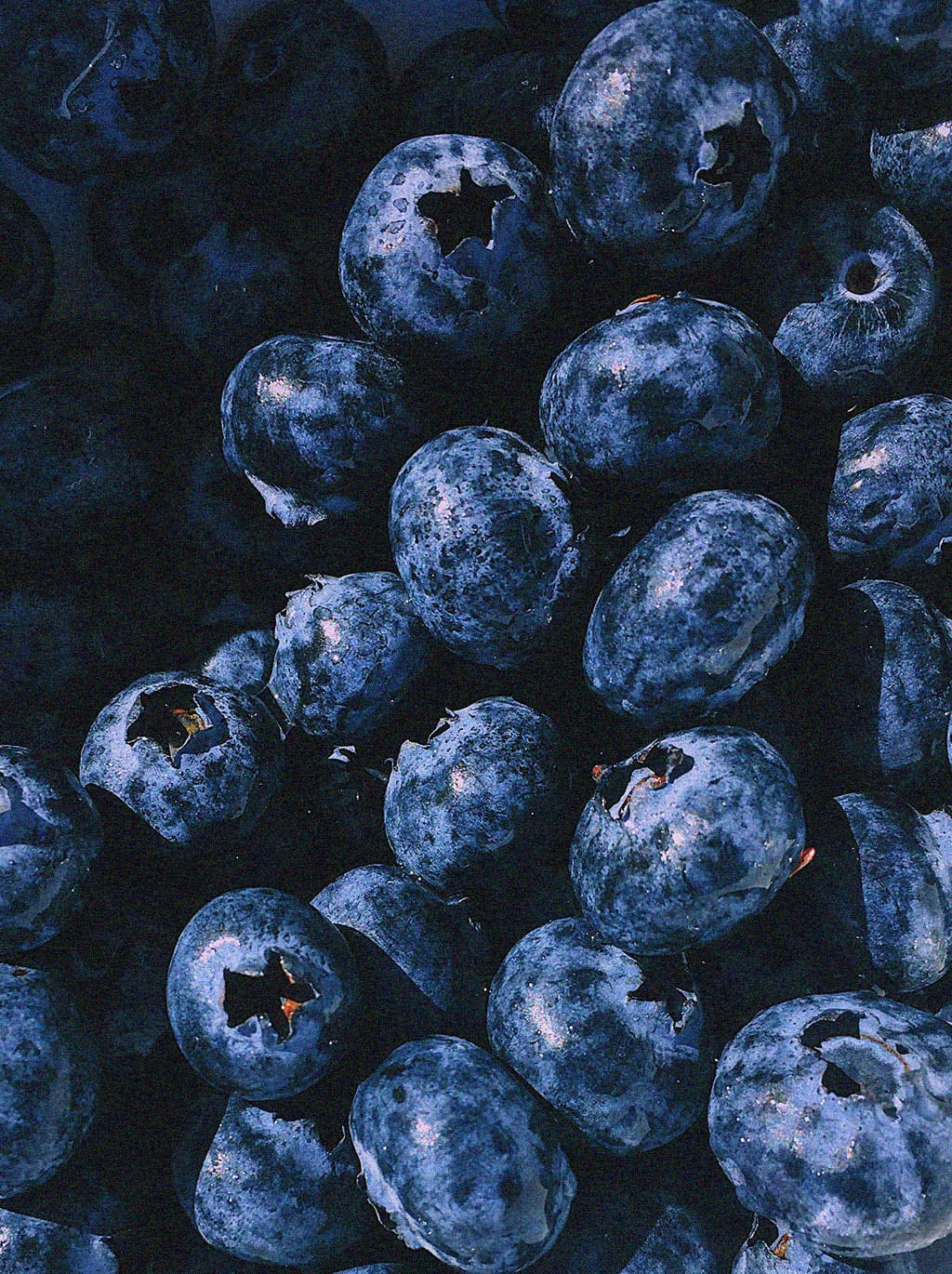
Blueberry: A Friend to Your Heart and Eyes
Few berries have been studied as extensively as the blueberry. Its high anthocyanin content has been linked to:
- Better cardiovascular health: improved blood vessel function and vasodilation through nitric oxide production⁴
- Eye protection: supporting the retina and ocular microcirculation³
- Cell protection: lowering oxidative stress that contributes to aging⁶
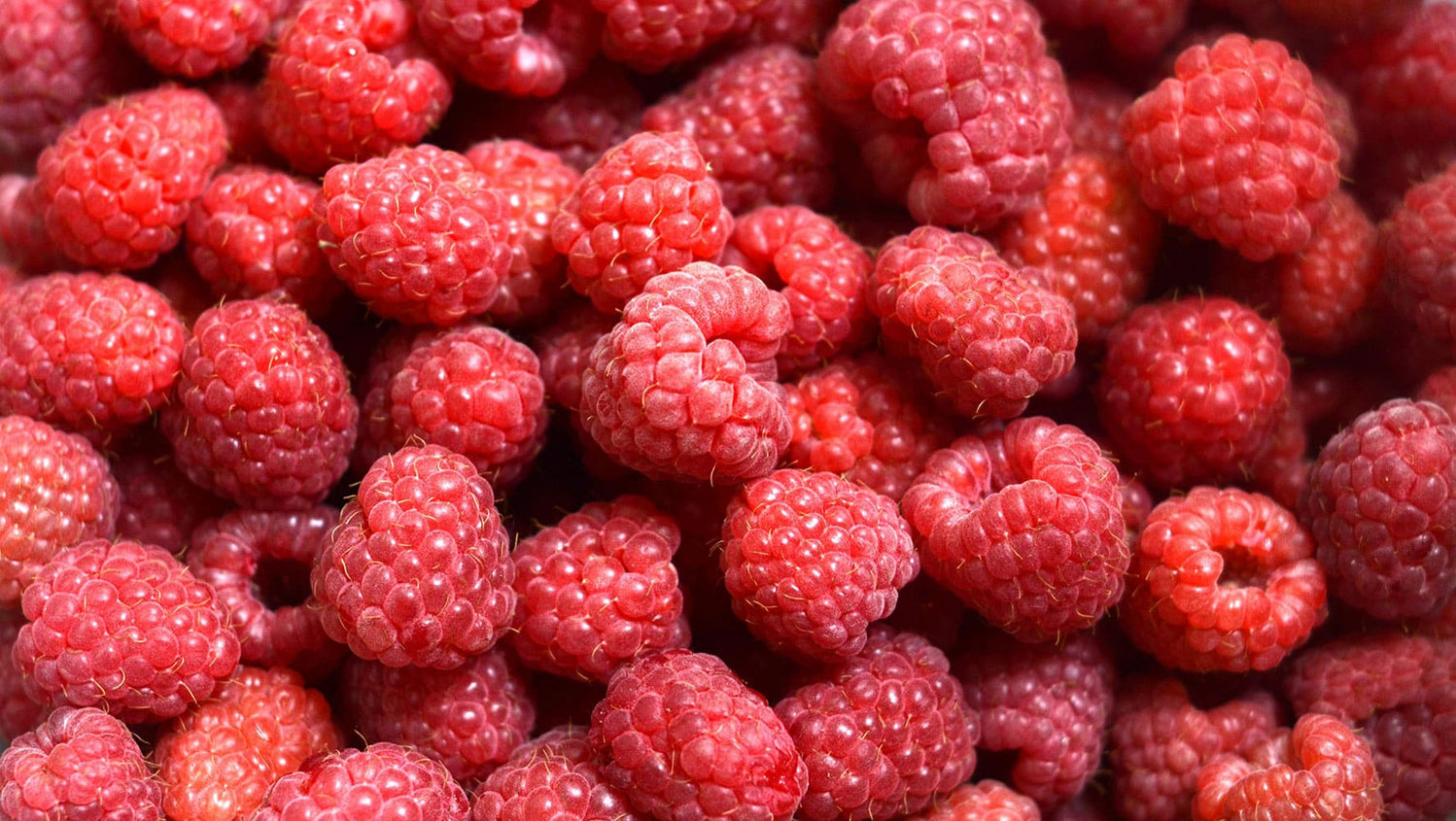
Raspberry: Fiber-Rich and Naturally Protective
Sweet yet tangy, raspberries are as beneficial as they are delicious:
- Packed with fiber: supporting digestion and feeding good gut bacteria¹
- Rich in ellagic acid and anthocyanins: plant molecules being explored for their potential anticancer properties⁶
- Satisfying and filling: helping you feel full for longer¹
How do berries act on the body?
Here’s what’s happening inside your body when you eat them:
Antioxidant defense: protects DNA and cell membranes from damage²⁶
Anti-inflammatory support: helps quiet the body’s inflammatory responses³
Cardiovascular benefits: improves circulation and reduces arterial stiffness⁴
Metabolic balance: helps smooth blood sugar spikes and support healthy lipid levels⁶
Gut nourishment: fiber and polyphenols feed beneficial bacteria and boost microbiome diversity¹
What the Research Shows
- Well-proven: antioxidant and anti-inflammatory effects²⁶
- Promising evidence: cardiovascular improvements⁴
- Still emerging: more human studies needed to confirm dose and absorption effects⁶
To get the most out of your berries:
- Enjoy them fresh in season, or frozen the rest of the year.
- Mix varieties since each berry brings different benefits.
- Choose natural over processed and skip the sugary syrups and jams.
- Add them to smoothies, porridge, yogurt, or simply snack on them by the handful.
The Takeaway
Whether it’s blackcurrants, blueberries, or raspberries, berries are tiny nutritional gems¹.Rich in fiber, vitamins, and polyphenols, they help fight oxidative stress, support heart and gut health, and may even reduce the risk of chronic diseases⁶.They’re not miracle cures, but they are a simple, deliciou way to eat for long-term health.
